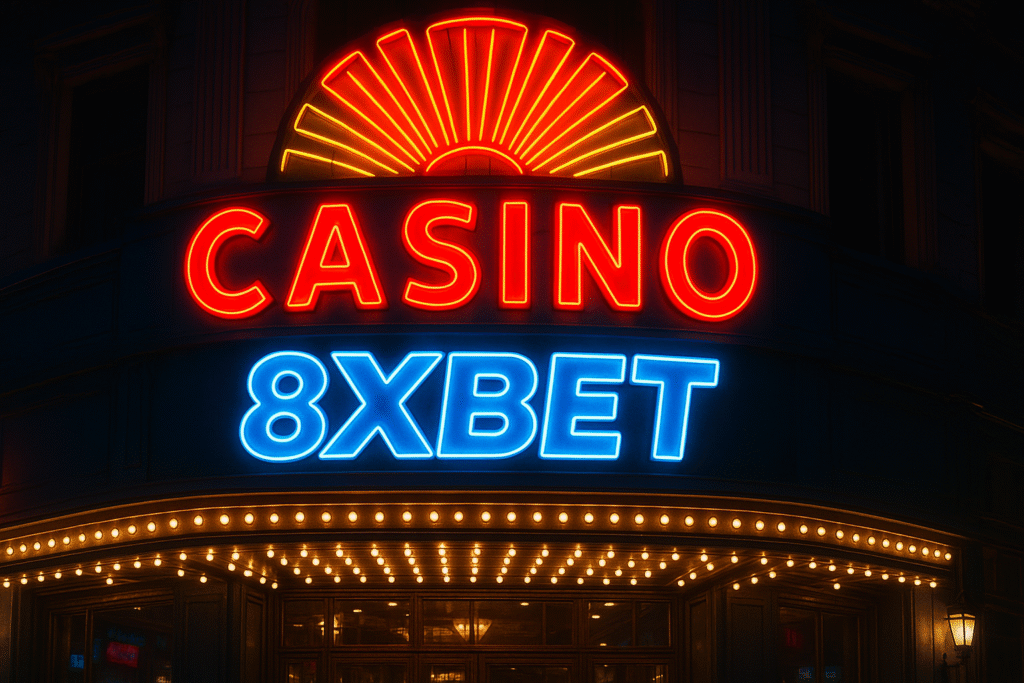Understanding House Edge and RTP in Online Casinos

When choosing which casino games to play it is important to understand the concepts of house edge and Return to Player (RTP). These measures help players evaluate their odds and make informed decisions about where to place their bets. Platforms like 8xbet provide clear information on game odds helping players choose options that fit their risk preferences and strategies.
The house edge represents the built-in advantage that the casino has over the player. It is expressed as a percentage showing how much the casino expects to keep from all wagers in the long run. For example if a game has a house edge of 5 percent the casino expects to make five units of profit for every 100 wagered over time. This edge ensures the casino remains profitable while still offering players the chance to win.
Return to Player or RTP is the opposite side of the same concept. RTP indicates the average percentage of all bets that will be paid back to players over millions of rounds. For example a slot with an RTP of 96 percent will return an average of 96 units for every 100 wagered. It is important to remember this is a long-term average and individual sessions can be much higher or lower due to variance.
Games with a lower house edge or higher RTP are generally more favorable for players. Classic table games like blackjack can have a house edge as low as 0.5 percent with optimal strategy. European roulette typically has a house edge around 2.7 percent while American roulette is higher at 5.26 percent due to the double zero. Understanding these differences can help players choose games with better odds.
Slots often have higher house edges than table games but they balance this with big win potential and exciting bonus features. RTP for slots can vary widely but many reputable online slots offer RTP values between 94 and 97 percent. Players looking for better long-term value should consider the RTP before choosing a slot game. Many online casinos list RTP information in the game rules or paytable for easy reference.
Progressive jackpot slots are a special case. They usually have lower base RTP because a portion of each bet funds the jackpot pool. However they offer the chance at massive life-changing prizes which can be worth the tradeoff for players who enjoy chasing big wins. It is important for players to decide whether they value frequent smaller wins or the possibility of a single large payout.
Live dealer games also vary in house edge. For example live blackjack tables follow the same basic odds as their digital counterparts while games like baccarat and roulette offer well-known and transparent house edges. Some live games introduce side bets or bonus features with higher house edges so players should be cautious and read the rules before placing these additional bets.
Volatility or variance is another key factor that works alongside RTP. High-volatility games have larger swings in outcomes offering bigger wins but less frequently. Low-volatility games deliver smaller wins more often. Players should choose games that match their risk tolerance and preferred playing style.
Transparency is essential for fair play. Reputable online casinos work with licensed game providers whose RNGs are tested and certified by independent auditors. This ensures that game outcomes are fair and that advertised RTP values accurately reflect long-term averages. Players should always look for licensing information and audit seals when evaluating an online casino.
In summary understanding house edge and RTP helps players make smarter decisions about which games to play. By choosing games with lower house edges and being aware of volatility players can better manage their bankrolls and enjoy a more satisfying casino experience. Knowledge is power in gambling and taking the time to learn about these concepts is a wise investment for any player.